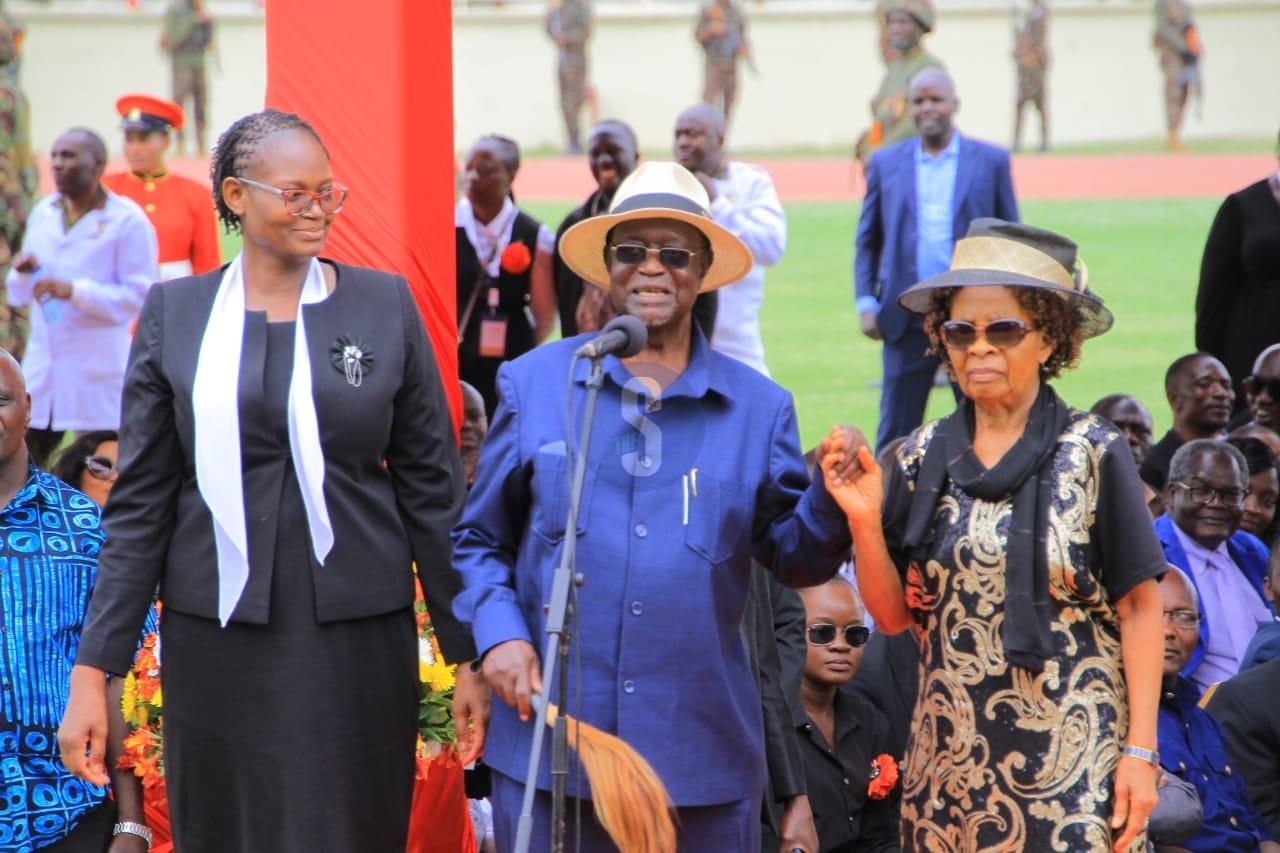A few years back I attended a burial of a friend. As is the norm in Islamic burials, only men were in attendance. What may seem unique to this family, though not unknown in Mombasa, is that half of the siblings were Muslims while the others were Christian. Yet all family members respected and often observed the others' religious dictates and norms.
None of the sisters attended the burial, an unthinkable occurrence in any Christian burial. This is an example of the social reality of Mombasa. The universal requirement of the citizens of Mombasa is dignified prosperous livelihoods.
The dignity and the path to prosperous living clearly stated in a manner that the citizens can fully comprehend is what is termed a manifesto. An aspiring governor’s manifesto must differ from a political party's manifesto and not mimic the Ten-Point Agenda and the Five Main Pillars, which is role play without serious intent. Research shows that people tend to forget 50 per cent of every text presentation after one hour.
In addressing dignity and prosperity of the citizens, debunking stereotyping and misrepresentation is an important prerequisite.
An article in one of the dailies last year stated the statistics that 35 per cent of employees at the Kenya Port Authority are Mjikenda while omitting other statistics on income. The 2,274 ethnic Mjikenda are mostly employed as low-income earners and represent a wage bill of approximately Sh113.7 million a month.
The senior posts comprising 43 persons however present a wage bill of approximately Sh43 million a month. The Mijikenda make up three per cent of the senior posts in Kenya Port Authority. Mumias Sugar Company had 63 per cent of its 1,689 employees from one ethnic community.
These diversionary campaigns and ethnocentric propaganda are the tools that enable crony capitalism to thrive.
The sudden acquisition by Mediterranean Shipping Line of 43 per cent ownership of state-owned Kenya Shipping Line as well as functions of the Government Coast agency, the import clearance department of Treasury, is one such example.
The same company is also to take over the running of the second container terminal, which was built by the Government of Japan.
To add further insult to injury, the Dubai Port World, a company that was pressured by the United States Congress to drop its concessions held in the USA and have also been taken to the London Court of International Arbitration by Djibouti on account of underhand dealings in acquisition of concession, has now been awarded the concession to build additional berths and cold storage supply chain.
This is without an Expression of Interest nor Request for Proposal being solicited, nor any alternative being considered as would be in the case of an Unsolicited Proposals.
A good manifesto for Mombasa cannot ignore such glaring injustices to the citizens of Mombasa when their best-developed asset and resource is intentionally directed to benefit a few.
A quarry stone worker in Timbwani, Likoni, takes 35 days working directly under the sun to cut 1,600 blocks out of coral rock to earn Sh24,000. This income bracket is 53 per cent of earners. An owner of a small clothes shop within a residential area like Buxton, Mvita, talks to 800 shoppers to make 160 sales, so as to earn Sh50,000 a month. They represent approximately 27 per cent of earners.
A corporate manager’s real hours of work for the company is approximately 260 hours a month and earns Sh400,000 a month for it. This income bracket is approximately four per cent. A successful business magnate in the logistics sector, who comprise 0.5 per cent of earners, every month has a minimum of 10 hours to make decisions affecting 25 per cent of his revenue streams and the continued employment of approximately 150 persons.
These are the economic realities of Mombasa.
A manifesto must address the dignified livelihood of all citizens, by uplifting the low-income earners while allowing businesses to thrive within the confines of good practices.
My unpublicised 840 meetings in the 30 wards and 67 interactions with different stakeholders of Mombasa county have enabled my team to come up with a blueprint of ward-based executive committees to roll out devolved functions, create transparent online interaction, and create dignified employment and wealth creation, which Mombasa has long sought in vain.












